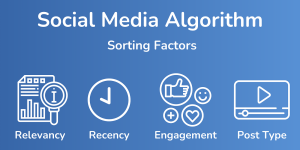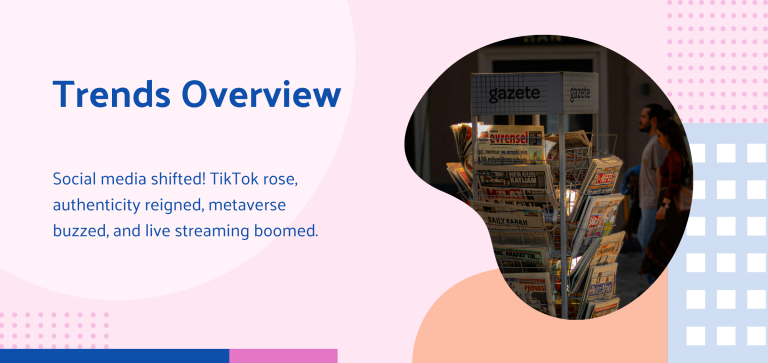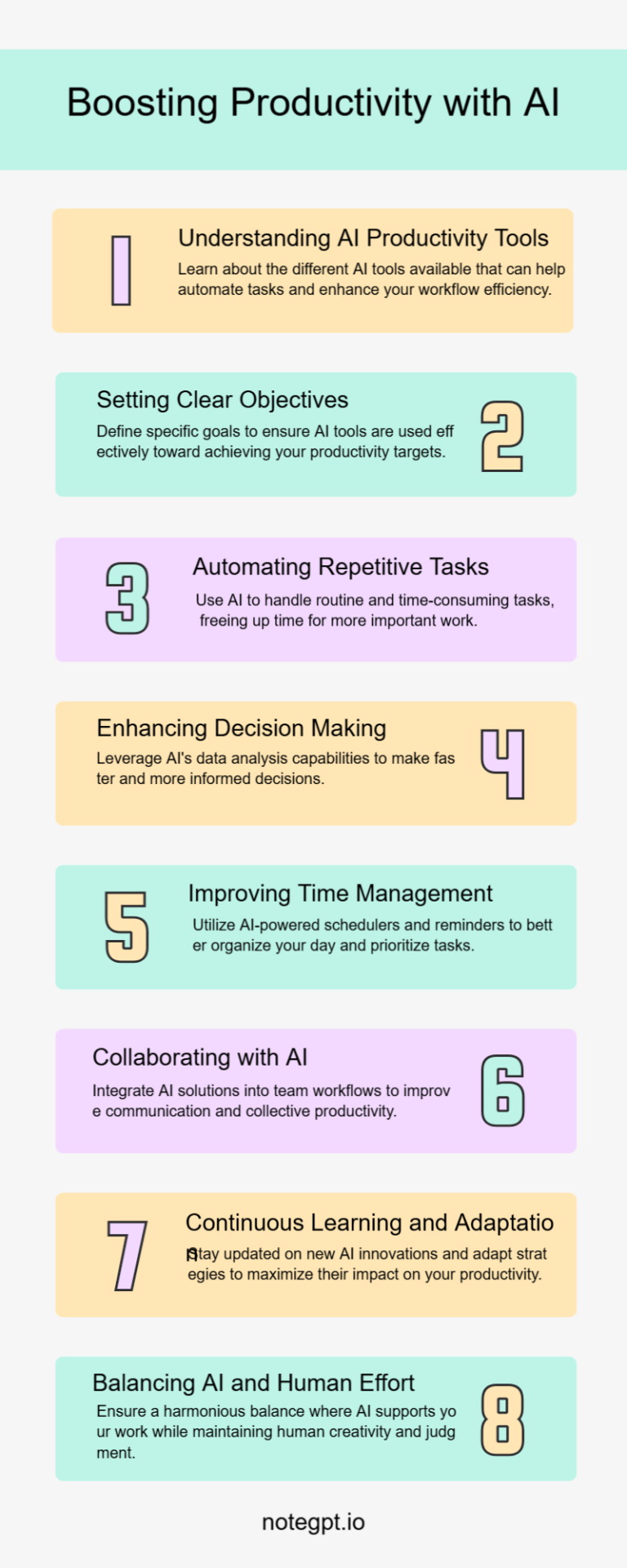

In recent years, social media has transformed how individuals communicate, share information, and engage with content. These algorithms significantly impact user experience, content distribution, and societal discourse, shaping both individual behavior and broader social dynamics.
Social media algorithms are primarily to enhance user engagement. For instance, platforms like Facebook and Instagram prioritize content that users are likely to interact with based on their past behavior. This personalization can lead to an enriching experience for users, as they encounter content that resonates with their interests. However, this tailored engagement also raises concerns about the creation of echo chambers, where users are exposed predominantly to viewpoints that reflect their own beliefs and opinions. Research has shown that this phenomenon can exacerbate polarization in society, limiting exposure to diverse perspectives and hindering constructive dialogue.
Moreover, the impact of social media algorithms extends beyond individual feeds to influence larger societal trends. During significant events, such as elections or social movements, algorithms can inadvertently play a role in shaping public opinion. For example, during the 2020 United States presidential election, algorithms on platforms like Twitter and Facebook amplified certain narratives and misinformation, influencing voter perceptions and actions. This effect underscores the responsibility that social media companies have in managing their algorithms to prevent the spread of harmful or misleading information.
Additionally, the commodification of attention has led to an environment where sensationalism thrives. Algorithms favor content that garners immediate interactions—often prioritizing sensational or inflammatory posts over well-researched or nuanced discussions. In turn, this prioritization can mislead users and distract from more substantive issues, posing challenges for informed civic engagement.
In conclusion, social media algorithms play a critical role in shaping how individuals and society connect, communicate, and consume information. While they offer personalized experiences that can enhance user engagement, they also contribute to significant challenges such as polarization, misinformation, and the prioritization of sensational content. Despite ongoing scrutiny and dialogue around their impact ,It is essential to ensure they serve the public good rather than undermine democratic processes and societal cohesion. Balancing engagement with responsible content dissemination is crucial for fostering a healthy online environment in the digital age.






m2915r